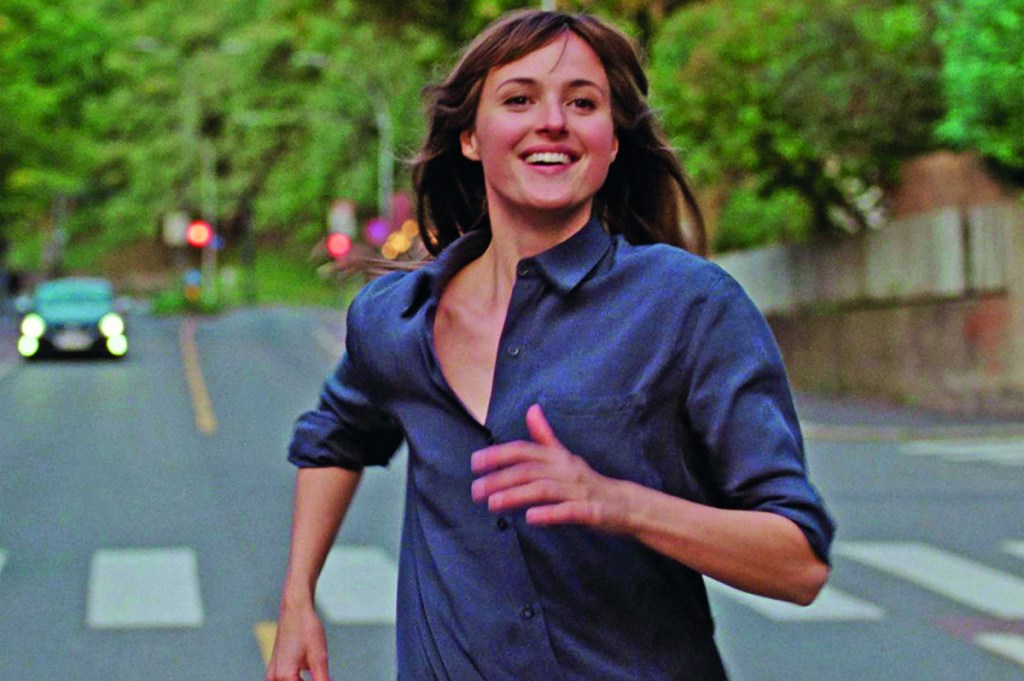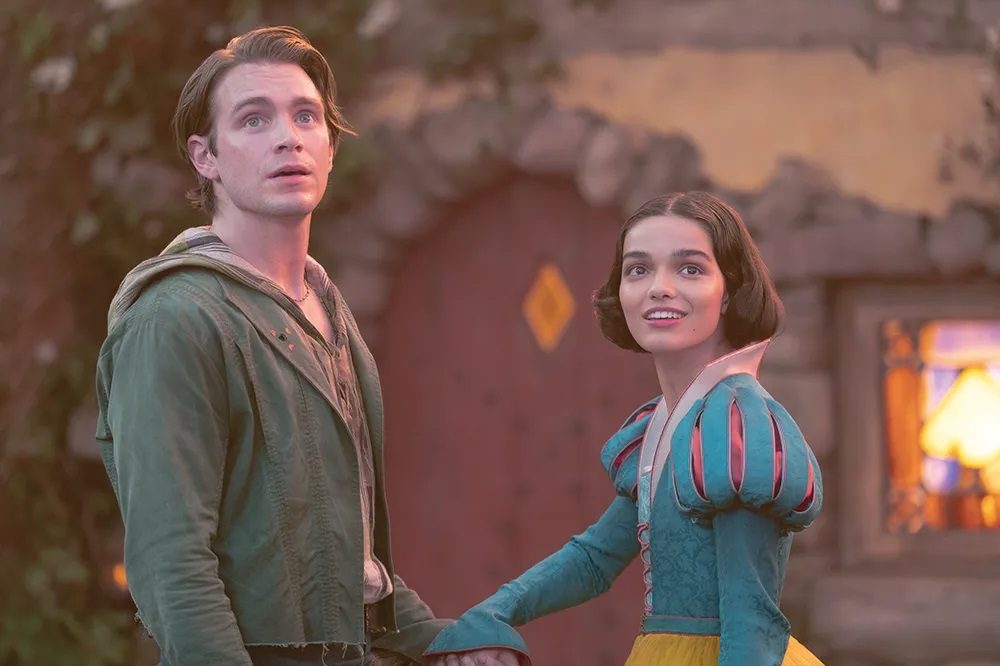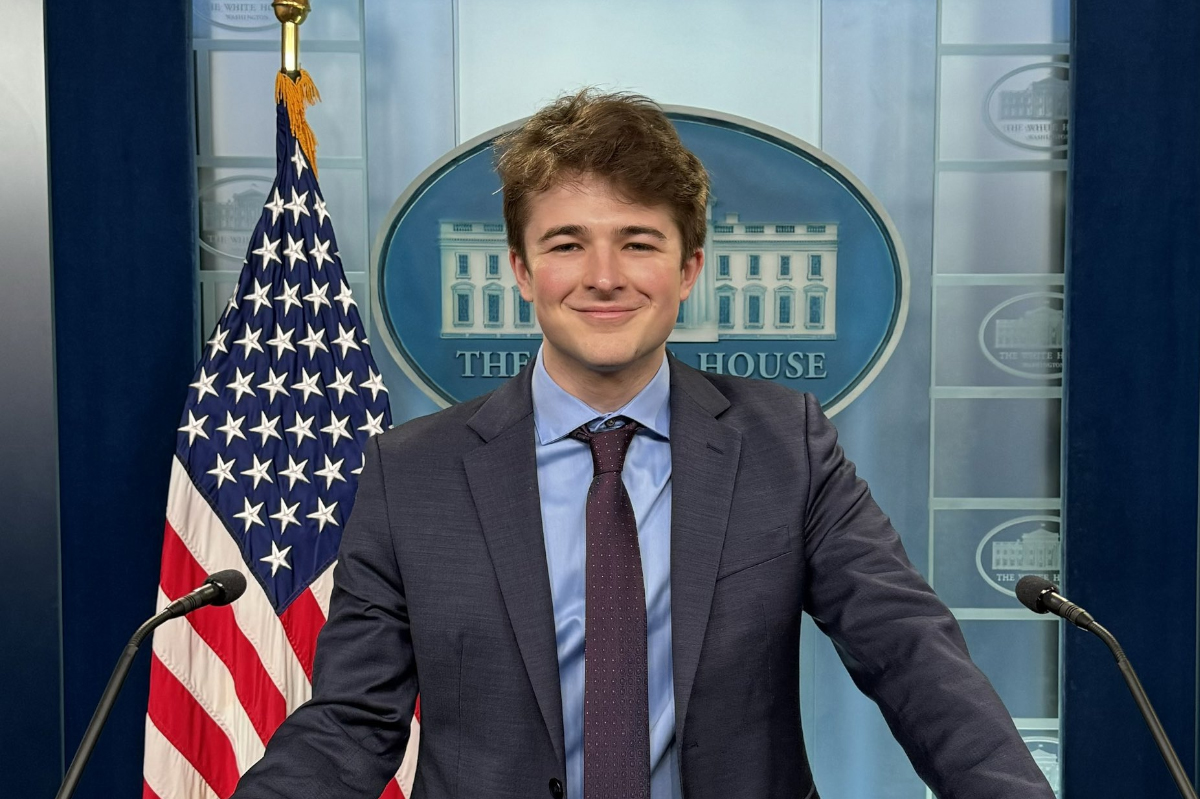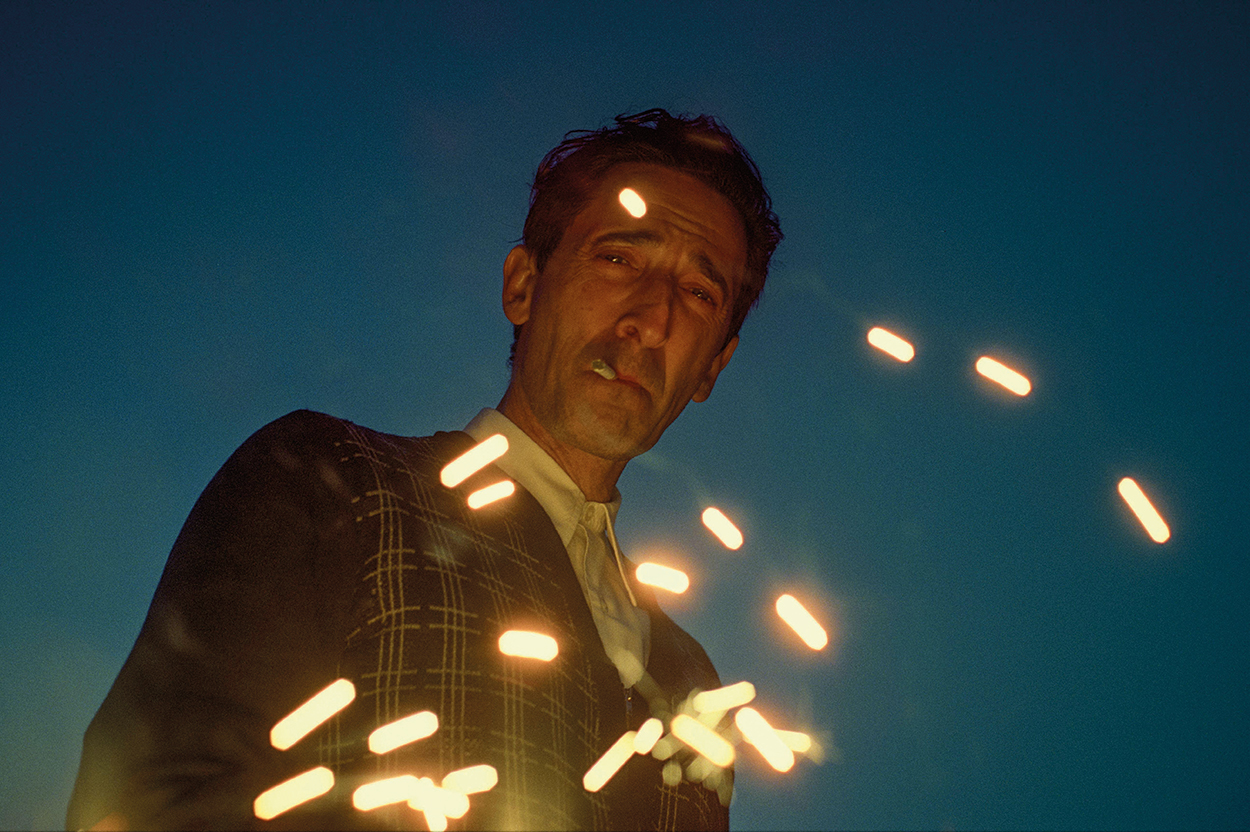More than anything else, the phrase “I’m still figuring it out” defines the millennial generation. Floating from passion to passion, job to job, lover to lover, possible spouse to possible dead end. In Joachim Trier’s The Worst Person in the World, Renate Reinsve plays Julie, a person that most of us would recognize from life, and certainly from the last ten years of media: approaching thirty; romantic and flighty to a fault (in the prologue, she drops out of medical school to become a philosopher and then a photographer); beginning to feel a void she doesn’t know how to fill. She says she doesn’t want kids — it’s uncool — but it’s obvious that she’s unsure; men of course have a lot more time to “figure things out” than women, and the ticking biological clock runs throughout The Worst Person in the World, something that it makes it so urgent and sad.
This movie is the final word on the millennial generation in media, just as Lena Dunham’s Girls was the opening salvo ten years ago. The zeitgeist has shifted, with no better example than HBO’s Euphoria. Everything millennial will soon be passé or nostalgic. I write this with no emotion, just as the film presents its chapters, a final accounting of what defined this generation’s twenties: diminished expectations, strings of lousy jobs, #MeToo and an increasingly hysterical media and pop culture environment. It also shows how timid and plain we millennials are compared to zoomers: where we dabbled in psychedelics and queer sex, they’re shooting up and having orgies in high school (at least on HBO).
What’s remarkable about this film is that director Trier and co-writer Eskil Vogt were both born in 1974, solidly positioning them as members of Generation X. Writing a romance with some nice slow-motion shots of shared joints and sprints through frozen time is easy enough, but The Worst Person in the World feels predestined, as if Trier and Vogt merely pulled it from the air, word by word. Of course that’s not the case, and they do find their avatar in Aksel Willman (Anders Danielsen Lie), an illustrator about ten years older than Julie. They start dating, and things get serious pretty quickly, until one morning Julie just decides to quit.
This is over toast. Before coffee. Aksel is, understandably, stunned. Earlier, he suggests that maybe it would be nice to have kids, but Julie refuses: “I’m not ready to start a family.” Aksel reminds her that most people aren’t ready to start a family when they do, and there’s nothing you can do to really prepare for what becoming a parent is like. After an afternoon of heavy flirting and “not cheating” with Eivind (Herbert Nordrum) around Oslo, Julie decides to resolve the situation in her relationship by simply blowing it up. Even while Aksel is dumbfounded, he still has to laugh at her courage, wherever it comes from and wherever it’s taking her. He’s not bitter.
But by the end, he’s much worse: pale, gray and dying of cancer, Aksel wastes away just like the pop culture and physical media of the 1990s, when he was just starting out as an underground comics artist. This is perhaps the most darkly funny joke of Trier and Vogt’s script: in this most millennial of movies, the main Generation X character doesn’t just become irrelevant like the stuff he loves, he actually dies. Rather than a sop to sentimentality, it’s both a cruel joke and a wake-up call for Julie to really examine her relationship with Eivind (of course they started dating), her career, and whether or not she wants to start a family. At their last meeting, Aksel mournfully tells Julie about how his generation passed on culture through objects, and hers doesn’t. Perhaps it’s for the best, because at the end of his life, Aksel renounces nostalgia and the kind of material fetishization any hardcore “fan” will recognize.
Julie isn’t as stubborn or stuck in her ways, and by the close of the movie, she’s past thirty and happy on her own, single and childless. One day, working as a photographer, she sees Eivind, now an ex — with a baby and a beaming wife. Trier leaves it up to the audience to interpret the look on Julie’s face, but she’s clearly ambivalent, even if she’s made the right choice. And even if not, at least she finally made a choice, and an important one at that.
This article was originally published in The Spectator’s June 2022 World edition.

























